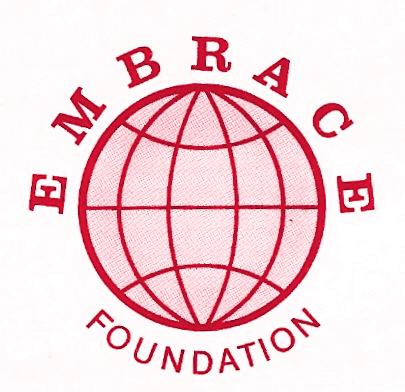
Embrace Foundation Retreat Center
Embrace.Foundation (skype messaging) - 011+1+212.675.4500 (New York)
Click to Email Us
Traveling in Singapore
Embrace Foundation is a non-profit,
educational foundation set up to create
better understanding between people of
different religions, cultures, traditions and
world philosophies.
Embrace Foundation works to bring leaders
and scholars of world-wide religions,
cultures and philosophies together by
sponsoring forums, seminars, lectures and
developing an international exchange
program. Embrace Foundation is particularly
concerned with reaching the world public
through the media.
Purpose
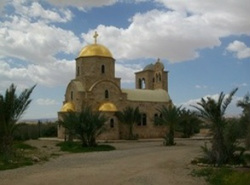
Donations
Embrace Foundation is an all volunteer
organization. All donations go directly to
programs.
Embrace Foundation does not and has
never given permission to any outside
organization to solicit or receive
contributions on our behalf.
All donations should be made to Embrace
Foundation only via Paypal or by mail. All
donations are tax deductible. A receipt will
be emailed to you. Please click on the Pay
Pal link below to Donate.
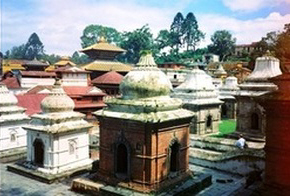
Travel As An Interfaith Act
Embrace encourages all who can do so, to
learn about other traditions and cultures by
traveling as “Grassroots Diplomats.” We
hope that people every where become life
long students of our world-wide humanity.
“ In every man there is something wherein I
may learn of him, and in that I am his pupil.”
R.W.Emerson
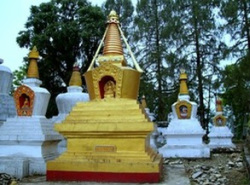

Embrace Humanity
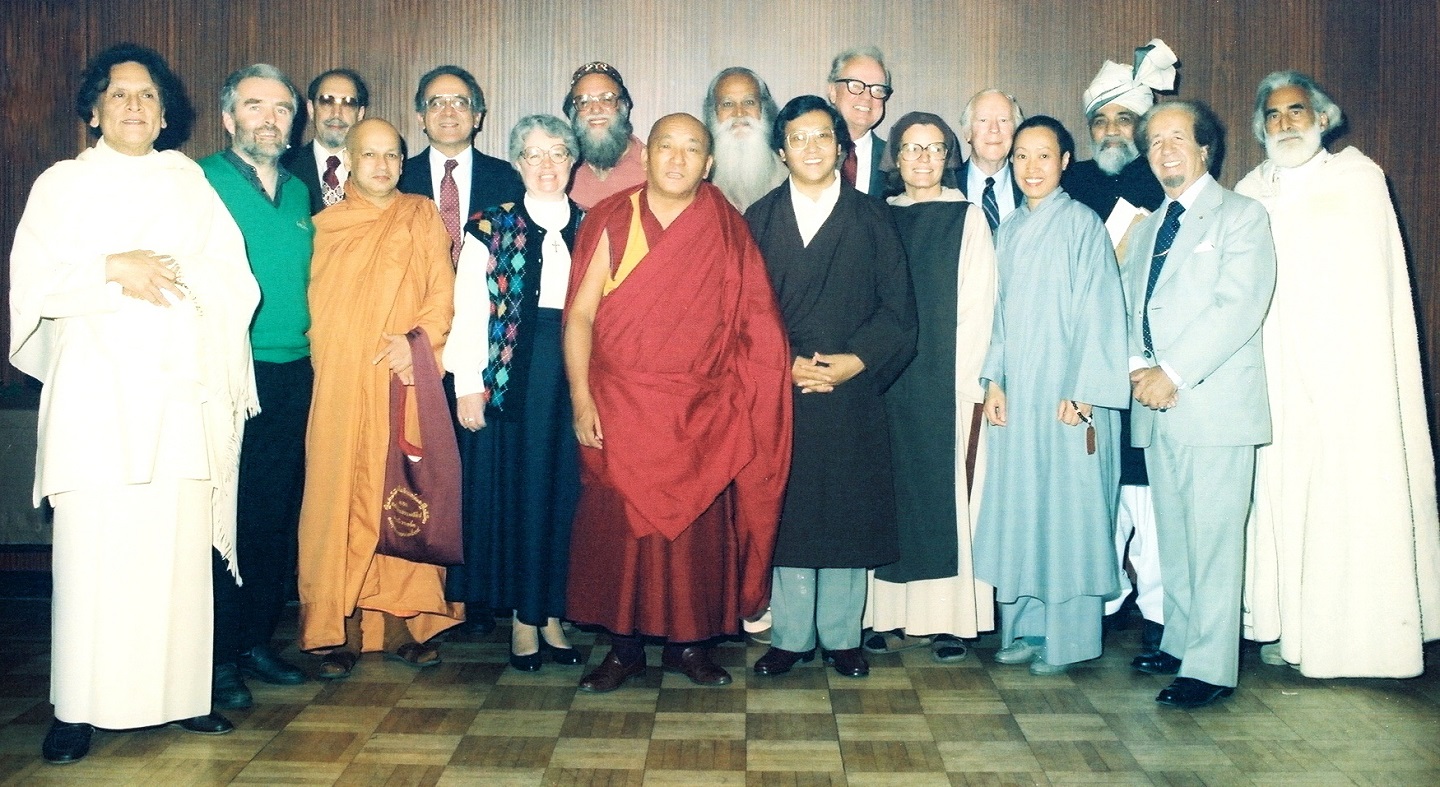
Thank you for making a donation.

TRAVELING IN SINGAPORE
If you ever wondered what modern cities in the United States, the British Commonwealth and Europe would look like if they
utilized urban planners, Singapore is your answer. It is one of the best planned cities in the world, logical, practical with
great mass transit, wise use of harbor areas and lush plantings of trees and gardens that make the city a lot more than an
urban ghetto. Singaporean landlords also uplift the spirits of the public by using fresh, bright and contrasting paint on
buildings. In a world that is becoming increasingly drab, this is a psychological lift.
The Following Descriptions of Spiritual Places are of Eastern traditions although there are both churches and synogogues
in Singapore as well.
Singapore is a multicultural city like neighboring Malaysia, with a primary population base of Chinese, Malay and South
Indians. Religious and spiritual traditions cross ethnic lines. All neighborhoods regardless of ethnicity are clean, trashless
and neat - think Geneva and Beirut. It is vastly attractive and there are plenty of Chinese Temples (Buddhist and
Traditional), Mosques (Malay, Indian with a Turkish Sufi neighborhood thrown in), Hindu Temples and various Churches as
well as, Synagogues. In fact, we stayed in a hotel overlooking a Tibetan Temple whose congregation is entirely Chinese
without any Tibetans whatsoever.
If you arrive by the airport, there are airport vans that will take you directly to any hotel, (except those on Santosa Island) for
8 Singapore dollars per person. Drivers, government clerks and the people are always polite and kind. The Founders visited
the Sri Mariamman Hindu Temple during a Murugan celebration and were unexpectedly, but festively guided to banquet
tables and seated where they were generously served a multi-course meal by only men who were devotees. The hearts of
people in spiritual and religious places in Singapore are exceedingly generous and they do not put business (as some
people think of Singaporeans) above human relations, kindness or humor.
The Singapore government holds a strong belief in communications. They leave little to chance. It is not hard to become a
native if you just follow the signs. Signs will tell you in three different languages, just what to do or not do and where to go or
not go. This is the most organized city we've ever been in. For example, if you have a backpack, you will find on all metro
cars, a sign telling you to be polite and take your backpack off so you don't knock a fellow passenger in the face. In the
event, that you do not understand the language the sign is written in, there is (in this case) a drawing with a tall person
having a backpack on their back turning and hitting a shorter individual in the face with it. If you, like ourselves, are a big
believer in communications, considerate and thoughtful behavior throughout all shared public life, Singapore could be your
paradise on earth. (Although we have to wonder just how many Westerners with backpacks have hit Singaporeans in face
before this sign was designed and located throughout the entire metro system.) Don't get us wrong, we think the Singapore
authorities have the right idea and we can think of hundreds of cities throughout the world, such signage would definitely
improve.
There are many, many sights in Singapore but the outdoor mall area between Bencoolen St & Queen St. with the Kwan Im
Thong Hood Cho Temple and Sri Krishna (Hindu) Temple is an engaging and fun area filled with “Good Luck” opportunities.
These opportunities are presented in the form of lighting incense, donating small change, buying a red ribbon to decorate a
statue of a Holy Personage; Brahma, K'ung-fu-tzu, (otherwise known as Confucius) or even rubbing the belly of a Buddha
in front of any number of shops. Any of these acts or a number of these acts could bring you all sorts of luck. Of all people
on the planet, the Chinese are possibly the biggest believers in “Luck” despite the fact (or possibly because of it) they are
usually nose-to-the-grindstone exceptionally hard workers.
Old Chinatown is a wonderful area with a South Indian Mosque going back to 1826 where you can speak with Haniff Sultan,
the open-hearted Mosque Officer, available to help explain any thing about the mosque to visitors. Also in China Town is the
not to be missed beautiful, penultimate Chinese Temple - The Buddha Tooth Relic Temple with the incorporation of a
Tibetan prayer wheel in the garden and an exquisite Buddhist Museum with donated objects from around the world.
The Sultan Mosque in Singapore on Arab Street needs mentioning because many Malay attend it and it attracts an
international crowd, including people from non-Arab Africa. It was undergoing renovations so Embrace was unable to take
photos of it. However, this is the neighborhood where you will find lovers of the Mevlana Celaleddin (Jelaleddin) Rumi, the
Turkish Sufi and founder of the Mawlawiya Order (often known as the “Whirling Dervishes”).
Embrace Foundation International
- Great Visions TV
- Inspirations
- Media
- Possibilities
- Astrophysics, Quantum Physics & The Nature of Reality
- Deconstructing Nuclear Fission & Nuclear Waste
- Defense Industry as Community Builders
- Defense Industry As Energy Providers
- Global Water Shortages
- Innovative Technology
- Intelligent Communities & Development
- Pentagon & Non-Western Nations
- Recreating
- Resource Based Population
- Sharing Community Resources
- Protecting Human Rights
- Spiritual Ecology
- Syria
- Write to Us

